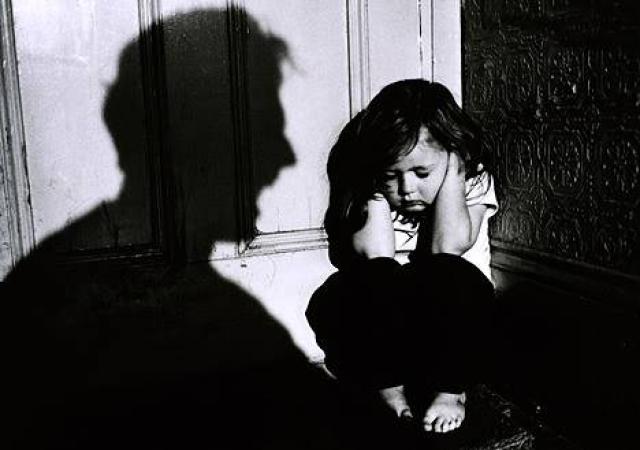How adult loneliness is related to childhood trauma?

It is usually always assumed that if kids are provided with the basic necessities like food and shelter, they are grown up and bought up well. But what they ignore is always the mental well being of the children, how do they feel at home and outside the home.
Children who lack emotional support and safety from their parents or family at home, are the ones who tend to suffer with loneliness and depression later in their life when they grow up to be adults.
We can only break the pattern of emotional avoidance and burnout when we start to understand and address our emotions. Here are a few signs to know yourself better.
1. Sensation of being the outsider: We struggle to strike up a conversation or get along with everyone in social settings. This results from a lack of trust in oneself.
2. Seeking approval all the time: Adults who were never given assurance or approval by their parents or other primary caregivers as children become perpetual seekers of it.
3. The disappearing act: An adult experiencing adult loneliness may find social circumstances too much to handle. This frequently gives rise to the desire to vanish or run away.
4. Attracting the wrong people: As a result of ingrained habits from our early years, we feel at ease in unhealthy relationships. We continue in that relationship even if we are aware of its negative effects on us.
5. Avoidance: We attempt to continuously occupy ourselves with work, hobbies, or social media in order to prevent the overpowering sense of loneliness.








-t-thumb.jpeg)
-t-thumb.jpeg)
